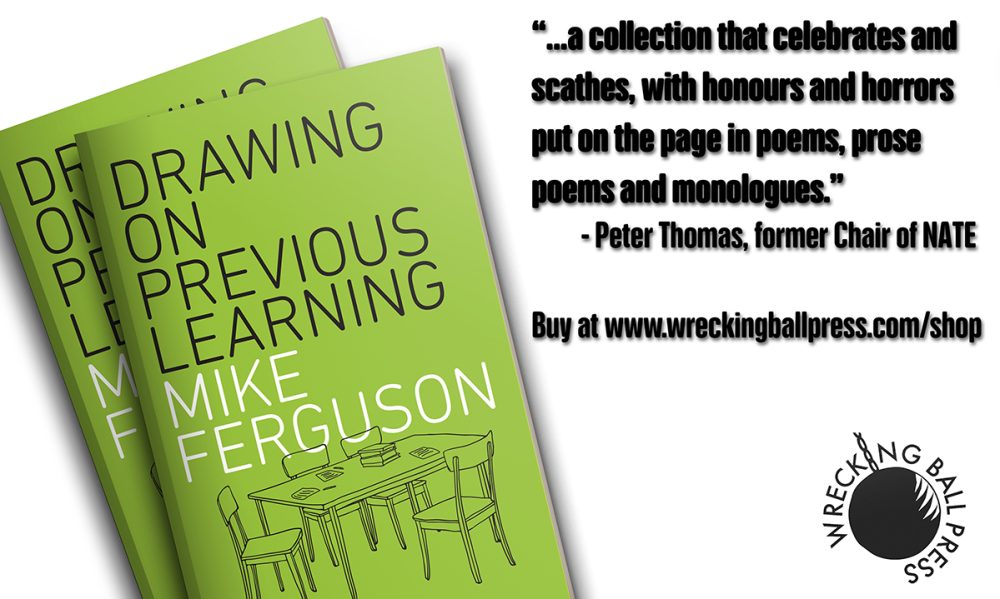
If poetry cannot solve the problems of the here and now, then we are in deep shit. And we are in deep shit.
And if a handbag is a handbag is a handbag is a handbag is no more than the resonance of once being innovative, then we are enjoying rhythm rather than getting into the complexities of an exploration that mirrors those difficulties.
Quick aside on this route: in a lifetime, I have not had more cups of tea then can be counted on two hands. The only one I truly remember was at a backyard fence next to the field where I was stacking and securing bales of straw on a trailer. She offered and I felt it was only polite to accept.
In this chapbook’s closing sequence of poems, A new feudalism, Andrew Nightingale does explore the tease / promise / deception / fantasy and ‘incurable hope’ of all of this as ‘The market with its deathless charm [which] has no aim, no foreseeable conclusion’.
We know this – and don’t we just, after the past few weeks of it marketing itself through the Sunak/Truss snakeoil extravaganzas – and poetry continues its struggle to illuminate and interrogate,
‘The feudalism of the muse has been replaced by the pornography of the banks.’
I corrupt that line to my purposes, but I think I am entitled to do so in The Market.
And this is my perplexed – delightfully so – reading of these eight pages of prose poem texts where ‘Whispers of doubt circulate in the square’ of their presentations: doubt and insights like ‘Keep showing us glorious private heavens in public spaces, the same secret desires written on pained faces’
What is so impenetrable about the obvious deceit and corruption? Is it really just ‘radio interference’? This sequence presents for me an intense look into the paradoxes and conflicts in what is so palpably controlling and destructive, the ‘Spirit voices’ and ‘private abysses.’
Back to tea and therefore Tea dance in nine songs, even with ten fingers (as I’ve indicated) I am unsure where to pitch my knowing. But I don’t need to: these are aural poems, if you simply listen, luxuriating in their aromas, as in 4. Lapsang Souchong,
‘Bewitched, oxidised and withered over pinewood fire,
Then ceremonial smoke and the fight begins,
The shaman’s tongue forks, she swallows the knife
And coils up into the air. She aspires for the West
Where she will tinge sunsets Krakatoan pink.’
There is a narrative thread across all nine of these and they really are quite elegant in the telling.
The day I had that cup of tea on the field-side of her fence is also when I foolishly burned my hands on the ropes I was knotting, sliding down in a hurry all those years ago.
There are poems possibly about coffee in Bean exiled and I suggest you delve into these with the other three intriguing sections to place yourself within the necessary personal grasp of a chapbook collection that does challenge and does reward.
You can get Denizen Disease here.



